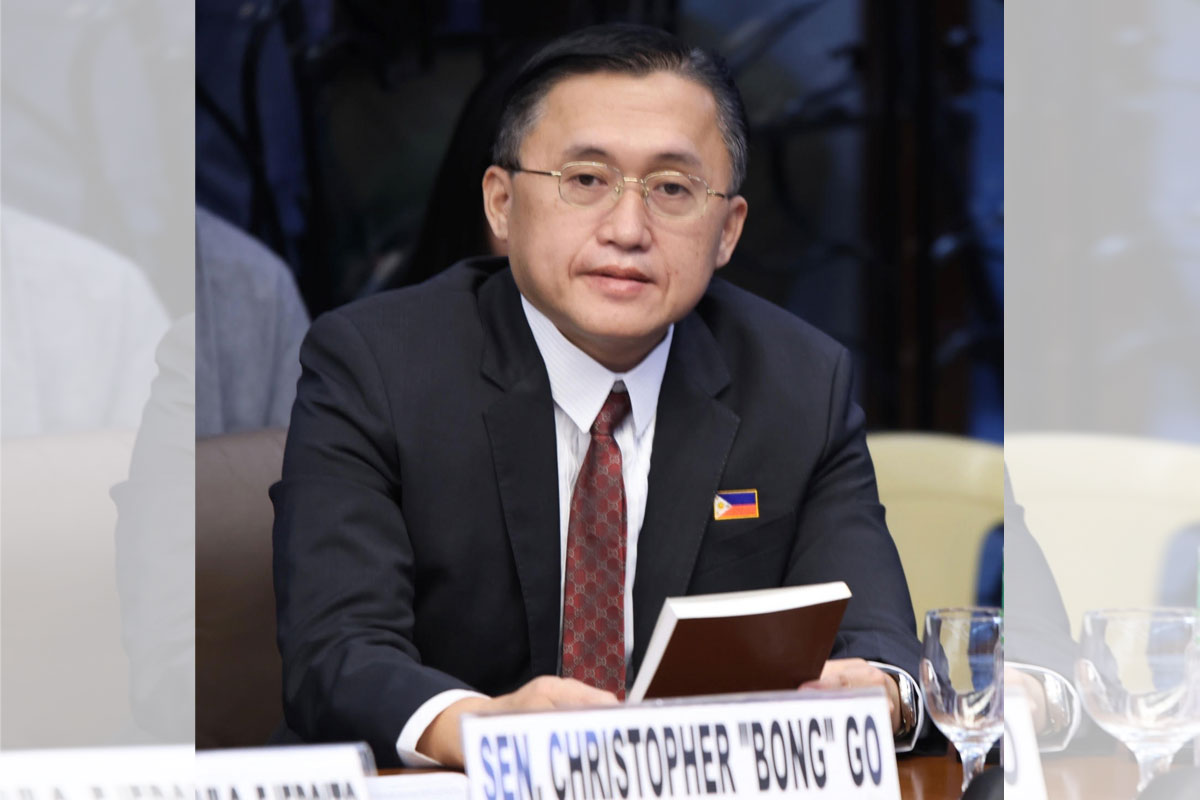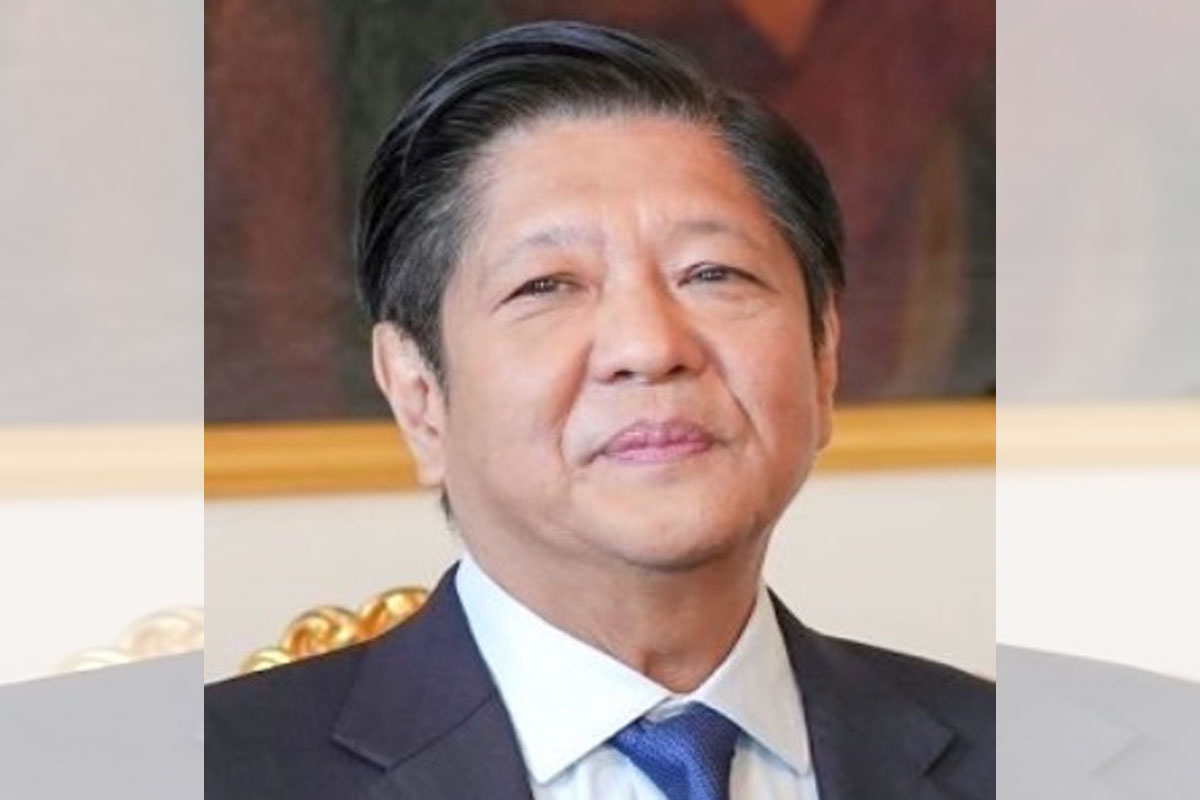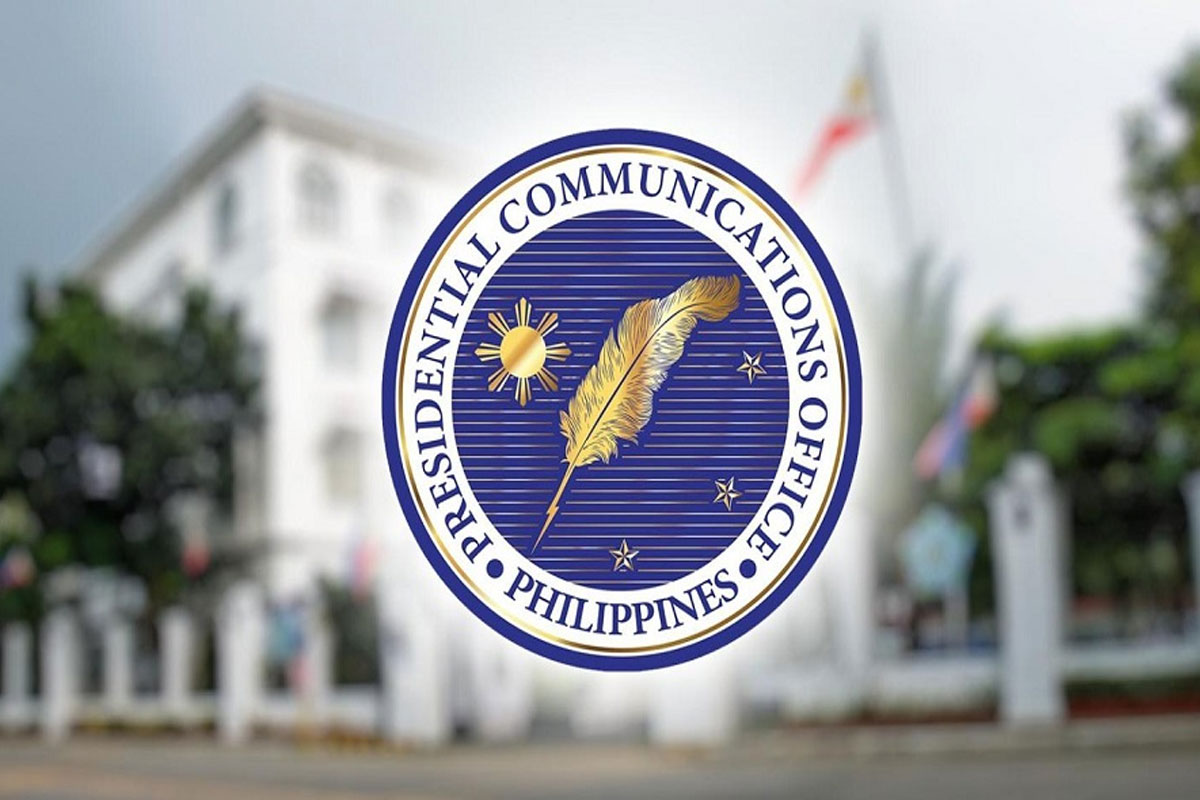
PH welcomes Australia, UK, US partnership
THE Philippines welcomed the establishment of an enhanced trilateral security partnership with Australia, the United Kingdom and the United States (AUKUS) to maintain peace and stability in the Indo-Pacific region.
Foreign Affairs Secretary Teodoro Locsin Jr., in a statement issued yesterday said the Association of Southeast Asian Nations (ASEAN) member states, “singly and collectively, do not possess the military wherewithal to maintain peace and security in Southeast Asia, discourage the sudden creation of crises therein, and avoid disproportionate and hasty responses by rival great powers.”
“There is an imbalance in the forces available to the ASEAN member states, with the main balancer more than half a world away. The enhancement of a near abroad ally’s ability to project power should restore and keep the balance rather than destabilize it. Despite advances in military science, time and distance, and the concomitant stopping power of water, remain major constants in determining security capacity to respond appropriately to threats,” Locsin said.
The Secretary believed that the proximity of an ASEAN near friend and ally is crucial to be able “to respond in timely and commensurate fashion to a threat to the region or a challenge to the status quo.”
“Proximity breeds brevity in response time; thereby enhancing an ASEAN near friend and ally’s military capacity to respond in timely and commensurate fashion to a threat to the region or a challenge to the status quo. This requires enhancing Australia’s ability, added to that of its main military ally, to achieve that calibration.”
He added “On the other hand, distance breeds delay in responding to an incident or series of incidents that bode a significant shift in the power equation advantageous to one great power but highly disadvantageous to the other power distant from the troubled scene.”
Locsin maintained that the fresh enhancement of Australia’s military capacity through this trilateral security partnership would be beneficial in the long term even to the other side “if only for the additional time it affords all protagonists for reflection before reacting.”
Last week, AUKUS signed a trilateral agreement to help Canberra develop and deploy nuclear-powered submarines, seen as a deterrence against China’s rising military power in the region.
The pact also included other areas such as artificial intelligence, cyber warfare, underwater capabilities, and long-range strike capabilities.
Locsin said Australia’s actions reflect its concerns about this geographic imbalance and its desire to help maintain regional peace and security.
“That is its prerogative. Absent actual presence of nuclear weapons, we cannot infer violation of the Southeast Asia Nuclear Weapons Free Zone Treaty. We are open to discussing this with other governments,” the statement said.
Locsin added “we appreciate Australia’s continued and absolute commitment to meeting its obligations under the Non-Proliferation Treaty and to the highest standards of nuclear stewardship.”
The Secretary recognized that dynamics and wide geographic reach of the Indo-Pacific require multilateral groupings that are “flexible and adaptable”.
He said for the Philippines, what is essential is Australia’s commitment to the primacy of the ASEAN Outlook on the Indo-Pacific and ASEAN-led mechanisms.
“None of these mechanisms are compromised, weakened or in conflict with the enhancement of Australia’s ability to respond; quite the contrary,” the Secretary said.
Locsin stressed “the Philippines aspires for the South China Sea to remain a sea of peace, security, stability, and prosperity. We are acutely aware of great power dynamics; with a sharp eye we will engage in practical and mutually beneficial cooperation aligned with the priority areas of the Outlook.”
China denounced the pact saying it has “seriously undermined regional peace and stability, intensified the arms race and undermined international non-proliferation efforts.”
France also described it as a “stab in the back” that constitutes “unacceptable behavior between allies and partners.”

















